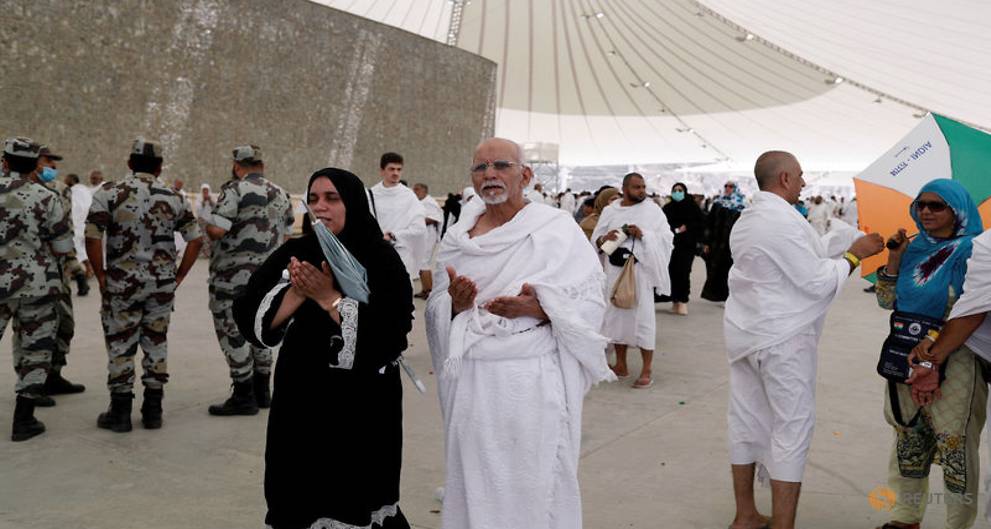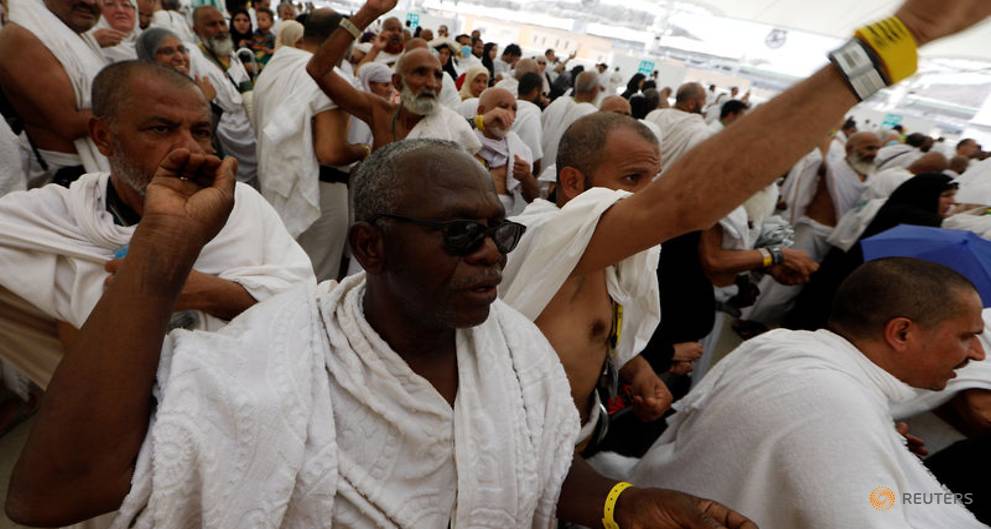MAKKAH– Over two million pilgrims continued on Wednesday, August 22, the symbolic stoning of the devil in what has been so far a safe and smooth hajj.
The first day of the three-day stoning ritual began Tuesday, August 21, the first day of `Eid Al-Adha, at Jamrat Al-Aqaba.
It began after the pilgrims slaughtered sacrificial animals and performed Tawaf Al-Ifadah.

Massive crowds of pilgrims filed along a giant pedestrian bridge that houses the walls in the Mina valley, pelting Jamrat Al-Aqabah.
Pilgrims hurl seven pebbles from behind a fence or from an overhead bridge every day for three days at each of the three 18-meter (58-foot) high concrete pillars symbolizing the devil.
All roads leading to Mina, a city that only comes to life during the days of Hajj, were blocked as the crowds dressed in white flowed into the area.
They crowded into a five-story structure, and from there tossed pebbles at one of three walls representing Satan.
In previous years, jostling to perform the stoning before returning to pray at the Grand Mosque accounted for many of the frequent stampedes and crushes that had afflicted the Hajj.

Muslims believe Satan appeared on the same site to Prophet Abraham, son Isma’il, and wife Hagar, who each three seven stories at the devil.
After the stoning ceremony, the pilgrims go to Makkah for Tawaf Al-Wadaa.
Muslims from around the world pour to Makkah every year to perform hajj, one of the five pillars of Islam.
Hajj consists of several ceremonies, which are meant to symbolize the essential concepts of the Islamic faith, and to commemorate the trials of Prophet Abraham and his family.
Every able-bodied adult Muslim who can financially afford the trip must perform hajj at least once in a lifetime.
Muslims who perform hajj properly return to their homes having all their sins washed away as promised by Prophet Muhammad.
